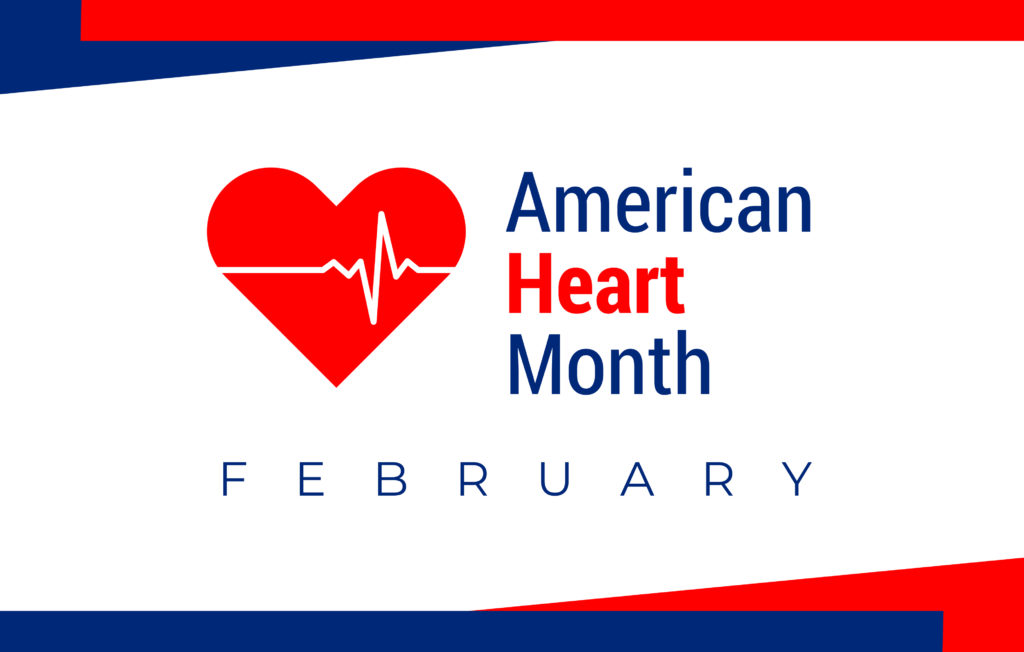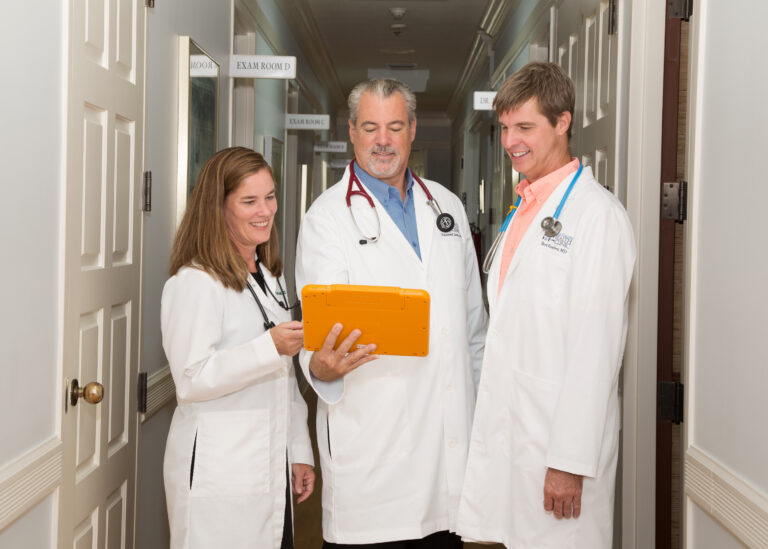
February is American Heart Month

When it comes to affairs of the heart, you are never too old or too young to take steps that could change your own or a loved one’s life. Almost 15.4 million people in the U.S. have coronary heart disease. That’s not surprising since it is the most common form of heart disease out there. Here in Florida, about 1.2 million people have coronary heart disease. Heart disease and stroke remain the world’s top killers.
That’s why the Boca Grande Health Clinic is joining with the National Heart, Lung, and Blood Institute (NHLBI) throughout the month of February to mark American Heart Month by raising awareness about heart health and urging Islanders to reduce their risk for developing heart disease.
“Some of the simplest changes, like staying active, working on your weight and salt intake and quitting smoking can help prevent heart disease,” said Dr. Raymond James, D.O., Boca Grande Health Clinic. “Research over the past six months of studying the coronavirus also tells us that a healthy heart is more important than ever in fighting COVID-19.”
According the Harvard Medical School, pre-existing heart conditions and poor metabolic health increase the risk of severe COVID-19. Compared to the general population, people with cardiovascular disease were more than twice as likely to contract severe forms of COVID-19.
As we kick off American Heart Month, understanding heart disease is a good first step in identifying and managing risk factors.
What is heart disease?
Heart disease describes a range of conditions that affect your heart. These include:
- Blood vessel disease, such as coronary artery disease
- Heart rhythm problems (arrhythmias)
- Heart defects you’re born with (congenital heart defects)
- Heart valve disease
- Disease of the heart muscle
- Heart infection
“Because you may not be diagnosed with coronary artery disease until you have a heart attack, angina, stroke or heart failure, it’s vital to watch for cardiovascular symptoms and discuss concerns with your physician,” said Dr. James.
Know the Warning Signs
The American Heart Association provides the following information on warning signs.
Heart Attack Symptoms
- Chest discomfort
Most heart attacks involve discomfort in the center of the chest that lasts more than a few minutes, or that goes away and comes back. It can feel like uncomfortable pressure, squeezing, fullness or pain. - Discomfort in other areas of the upper body
Symptoms can include pain or discomfort in one or both arms, the back, neck, jaw or stomach. - Shortness of breath with or without chest discomfort.
- Other signs may include breaking out in a cold sweat, nausea or lightheadedness.
Stroke Symptoms: How to spot a stroke F.A.S.T.
- Face drooping
Does one side of the face droop or is it numb? Ask the person to smile. - Arm weakness
Is one arm weak or numb? Ask the person to raise both arms. Does one arm drift downward? - Speech difficulty
Is speech slurred, are they unable to speak, or are they hard to understand? Ask the person to repeat a simple sentence, like “the sky is blue.” Is the sentence repeated correctly? - Time to call 9-1-1
If the person shows any of these symptoms, even if the symptoms go away, call 9-1-1 and get them to the hospital immediately.
Cardiac Arrest Symptoms
- Sudden loss of responsiveness
No response to tapping on shoulders. - No normal breathing
The victim does not take a normal breath when you tilt the head up and check for at least five seconds.
More Recent Healthcare News

Every year we celebrate Doctor’s Day and Nurses Week, but there’s one more recognition event that’s just as important. Administrative Professionals Day is April 24th this year and I want to be sure to bring special attention to three incredibly special members of the Boca Grande Health Clinic family. Jonna Foos, Director of Operations Jonna […]

April, the birth month of James Parkinson, is Parkinson’s Disease Awareness Month. Parkinson’s is a degenerative syndrome that results in the gradual loss of brain circuitry involved in movement, thinking and behavior. According to the National Institutes of Health (NIH), the first clear medical description of Parkinson’s Disease as a neurological condition was written in […]

March 30th marks a special day on our calendar – Doctor’s Day! It’s a time to honor those who dedicate their lives to caring for us. At the Boca Grande Health Clinic, it’s the extraordinary team of board-certified physicians – Dr. Raymond A. James, our Medical Director; Dr. Bret Kueber, the Assistant Medical Director; and […]

Ask a Doc: Kicking Colon Cancer in the Butt
March 22, 2024According to the American Cancer Society, the lifetime risk of developing colorectal cancer is about 1 in 23 for men and 1 in 25 for women. The death rate from colorectal cancer has been dropping in older adults for several decades. Unfortunately, colorectal cancers now rank as the leading cause of cancer death in men […]
